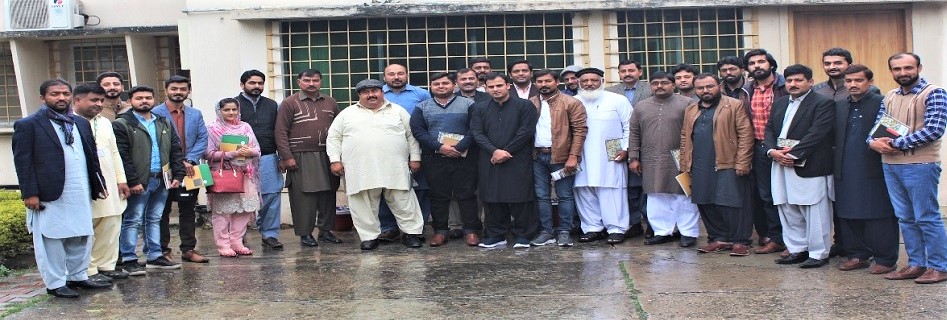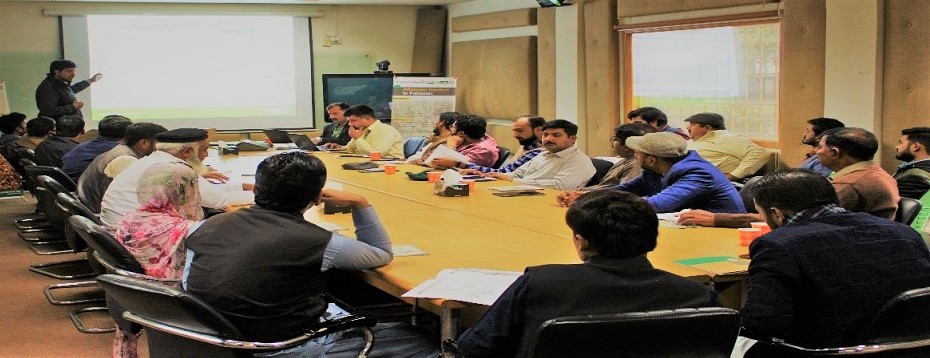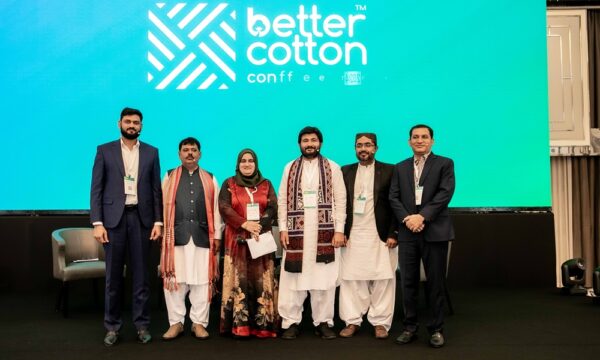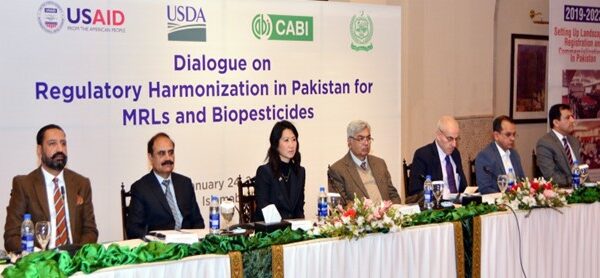
Aflatoxin contamination in food, feed, and agricultural produce is a matter of concern around the world because of their carcinogenic, metabolic, mutagenic, immunosuppressive, and teratogenic effects. Aflatoxin M1 (AFM1) is the monohydroxylated derivative of aflatoxin B1 (AFB1), developed in the liver of lactating animals during metabolism and further excreted into the raw milk of cattle usually fed with AFB1-contaminated feed.
The International Agency for Research on Cancer (IARC) classified AFM1 as a 2B carcinogenic group because it can damage DNA and may cause various types of cancers, cell transformation in mammals, and gene mutations through AFM1 exposure. Raw cotton seeds and cotton seeds cake are being used as a source of protein in livestock as it has proven capacity to enhance the milk production but their use is limited due to heavy contamination with aflatoxins.

A group comprising of staff members from Department of Agriculture Extension Punjab (Khanewal, Lodhran and Bahawalpur) and from an allied agency (WWF) involved in the improvement of cotton industry value chain in Punjab via implementing project, Better Cotton Initiative (BCI), paid an exposure visit to CABI’s office in Rawalpindi, Pakistan.
To sensitize and update the exposure visit of participants; the aflatoxin team organized an awareness session and shared ongoing biological control interventions including AflaPakTM, a very first biocontrol product of its kind in Pakistan.
Participants of the exposure visit appraised the efforts of the aflatoxin team on introducing green technology to cope with fungal problems such as aflatoxin and desired to replicate this technology on cotton crop as well for the positive growth of the industry linked with cotton.
Additional information
Aflatoxin Control Programme
Find out more about CABI’s work on aflatoxin control in Pakistan.
Author:
Dr Sabyan Faris Honey – Project Manager
Contributors:
Dr Hamza Shahbaz Bhatti
Dr Muzzamil Farooq
Mr Saqib Ali
For more information, please contact:
Deborah Hamilton
USDA
202-720-0335
Deborah.Hamilton2@usda.gov
Related News & Blogs
Empowering farmers through digitalisation: Strengthening the future of the cotton industry
When it comes to farmer advisory, are we really able to advise? That was the question posed to Katherine Cameron, CABI’s Head of Digital Advisory Tools, at the Better Cotton Conference 2025 which took place recently in Izmir, Turkey. The responsibility…
24 June 2025




